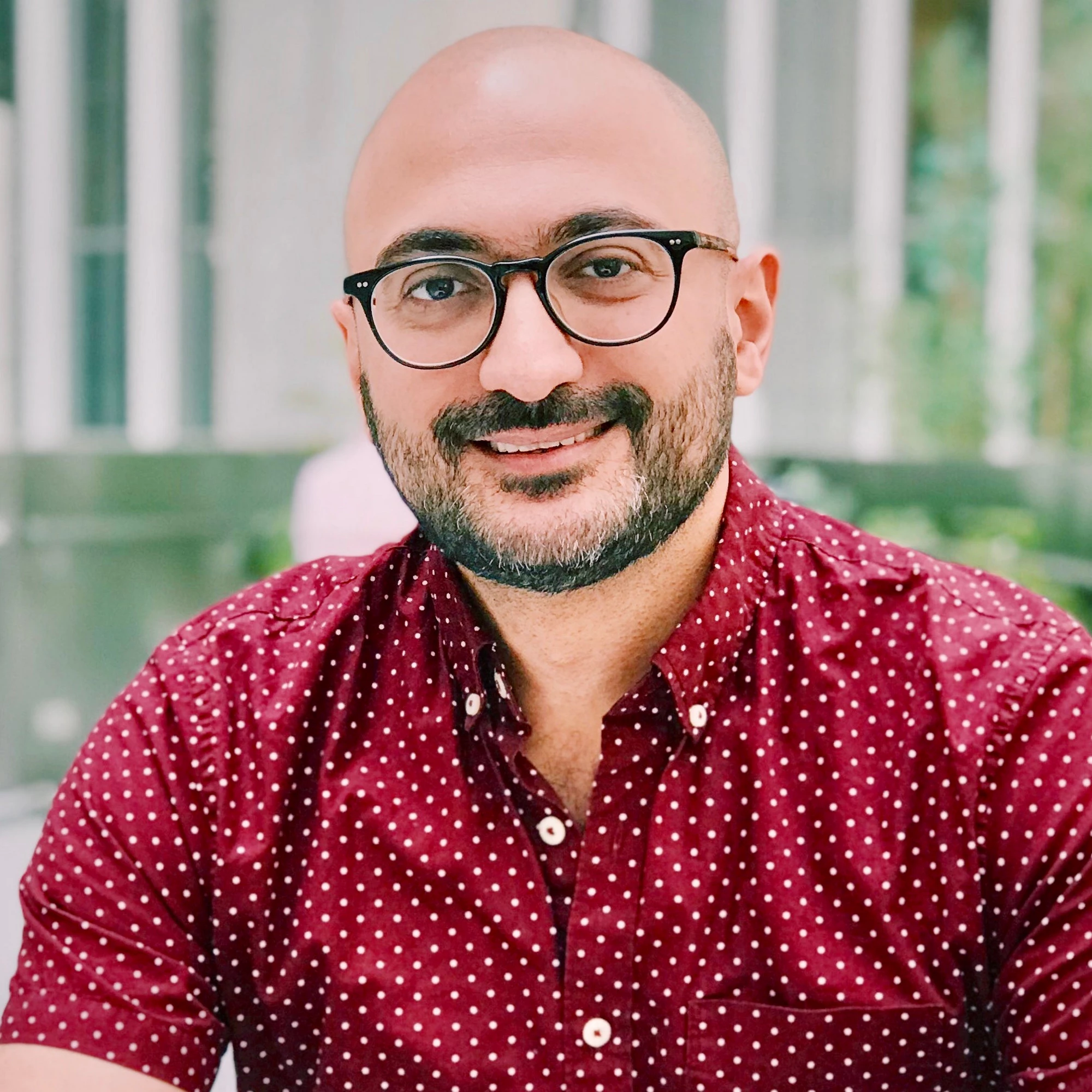She is described as having strong ideas. A spirited and energetic girl who dreams of a big future, Shams helps children and encourages them to learn and play.
But Shams is not a real child. She is a Muppet and one of the most popular fictional characters in the children’s show Iftah Ya Simisim, the Arabic version of the popular, long-running US children’s show Sesame Street, which was introduced in the Arab world in the 1980s.
I learned about Shams when I played a recent episode for my son on YouTube. My wife and I make sure he watches the show every time a new episode is uploaded. It is educational, informative, and keeps up with our Arab culture and traditions.
In a recent episode, titled “I Can Be Anything,” the show addresses an important topic for building strong, resilient societies—empowering girls so they can be what they wish in the future.
The scene starts when Shams asks the librarian, Amal, why she is arranging books in the library. Amal explains to Shams that it’s her job to do so, and that when Shams grows up she will also work and can be whatever she wishes to be. Shams’s imagination then wanders to becoming an engineer, a sailing captain, and an astronaut.
The importance in this episode goes beyond learning Arabic, science, or mathematics. It is an important lesson in empowering and educating young girls and integrating them into society to grow up and work side by side with men.
It is a lesson in gender equality. Even better, it is a lesson to boys on the importance of accepting and respecting girls as peers with whom they should study and work as equals.
This is also what we strive to do. The World Bank Group takes as its starting point that no country, community, or economy can achieve its potential or meet the challenges of the 21st century without the full and equal participation of women and men, girls and boys.
Failure to fully unleash women’s productive potential represents a major missed opportunity with significant consequences for individuals, families, and economies. The Bank Group works with public- and private-sector clients to close gaps between males and females globally for lasting impact in tackling poverty and driving sustainable economic growth that benefits all.
Investing in equality for women and girls is essential to achieving the goals of the organization to end extreme poverty and boost shared prosperity. This is the vision behind the World Bank Group’s new Gender Equality Strategy. It charts a course towards better opportunities for women and girls and a level playing field for all.
Iftah Ya Simsim taught us great lessons I absorbed as a child in Iraq in the 1980s.
Its current topics—in various translations and productions the world over—still provide vital lessons, educating generations to come.
As the Arabic proverb says, “Teaching in early childhood is like carving in stone.” What better lesson to leave with young children than the message that they all deserve the chance to achieve their potential—and whole families and economies benefit as a result.


Join the Conversation